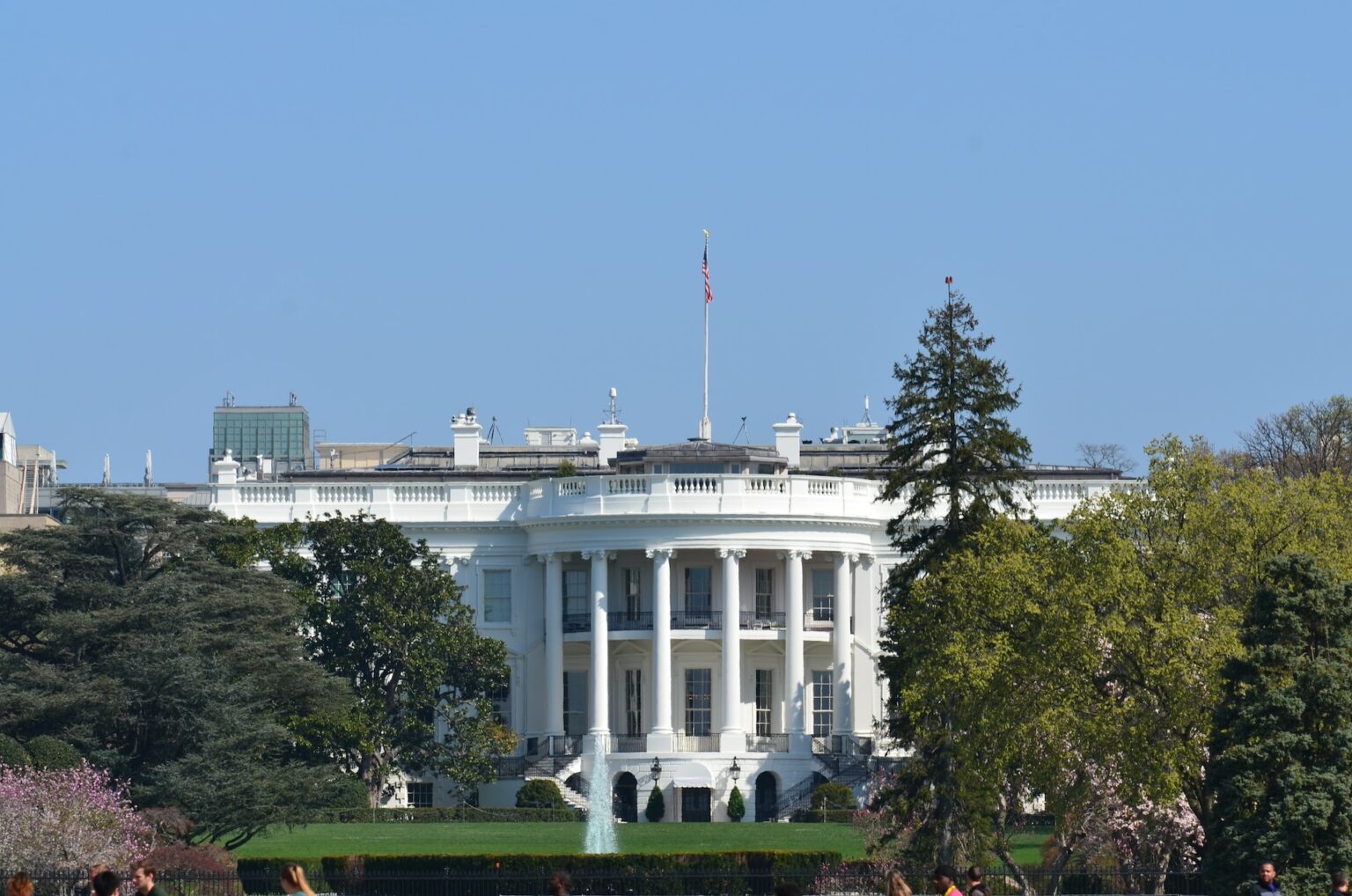You won’t believe why.
The GOP presidential primary is giving a sense of déjà vu to many Hill Republicans, and it’s causing some concern among those who hope to see someone other than Donald Trump leading the party’s ticket in 2024. The growing number of candidates entering the race is seen as potentially making it more difficult to defeat President Joe Biden in the upcoming election. This week alone, three more candidates joined the fray, further intensifying the competition.
Senator John Cornyn of Texas expressed his worries about the early presidential field. He believes that the GOP can do better than Trump and fears that the former president has not been able to expand his support beyond his base.
However, there is a contrasting sentiment among Capitol Hill Republicans who continue to support Trump. They are pleased with the current state of the primary, as they see the former president going after Florida Governor Ron DeSantis while the anti-Trump vote is split among multiple candidates.
Although congressional endorsements do not guarantee victory in primaries, they provide insights into the party’s mood, particularly the GOP establishment. In the 2020 Democratic primary, the coalescing support of Black lawmakers and a few Senate allies played a crucial role in securing the nomination for Joe Biden.
During the 2016 primary, Trump received official endorsements from ten GOP senators, with several others leaning in his favor. Additionally, several dozen House members also backed him. In contrast, DeSantis has yet to receive any Senate endorsements and only has a few House Republicans supporting him. As Trump and DeSantis engage in a war of words over COVID-19 and entitlements, some congressional Republicans are hoping for a different outcome, believing that this two-man clash might create an opportunity for another candidate.
Senator John Thune of South Dakota suggests that the influx of candidates indicates a belief among Republicans that the top two contenders may not be as strong as they appear. Thune himself supports Senator Tim Scott of South Carolina, who represents the pre-Trump GOP playbook and remains optimistic.
Representative Zach Nunn of Iowa, who remains neutral in the primary, believes that early-state voters might tune out the Trump-DeSantis showdown and instead look for alternative candidates. He emphasizes that attacking other candidates will not lead to success in Iowa, as voters in the state prioritize authenticity over mudslinging.
Although the primary field has not yet reached the chaos of the 2016 race, where Trump outpaced more than a dozen rivals, it is becoming increasingly crowded. Trump’s supporters argue that each new candidate only strengthens his path to victory, as there is a core constituency that remains loyal to the former president.
Trump’s decision to skip an event hosted by Senator Joni Ernst in Iowa raised eyebrows among some lawmakers in the state. Nunn commented that winning over new voters requires showing up, while Ernst noted that the event had a positive energy despite Trump’s absence.
For Republicans who have not yet endorsed a candidate, the back-and-forth between Trump and DeSantis may pose a strategic risk. Focusing on issues that appeal to the party’s base, such as the pandemic and “woke” culture, might narrow the primary’s scope. However, it could hinder the party’s chances in a general election where broader issues typically take center stage.
Representative Nancy Mace of South Carolina, a centrist from a battleground district, warns that candidates need to appeal to a wider audience in the primary to avoid hurting their chances in the general election. She has not yet endorsed a candidate but has expressed support for having a woman on the ticket.
Another lawmaker, Representative Kelly Armstrong of North Dakota, who has not endorsed his home-state contender, praised Governor Burgum and emphasized that a large primary field could hinder the GOP’s efforts to defeat Biden in November. The longer the primary field remains crowded, the more resources and money are being spent on intra-party competition instead of focusing on winning the general election.
